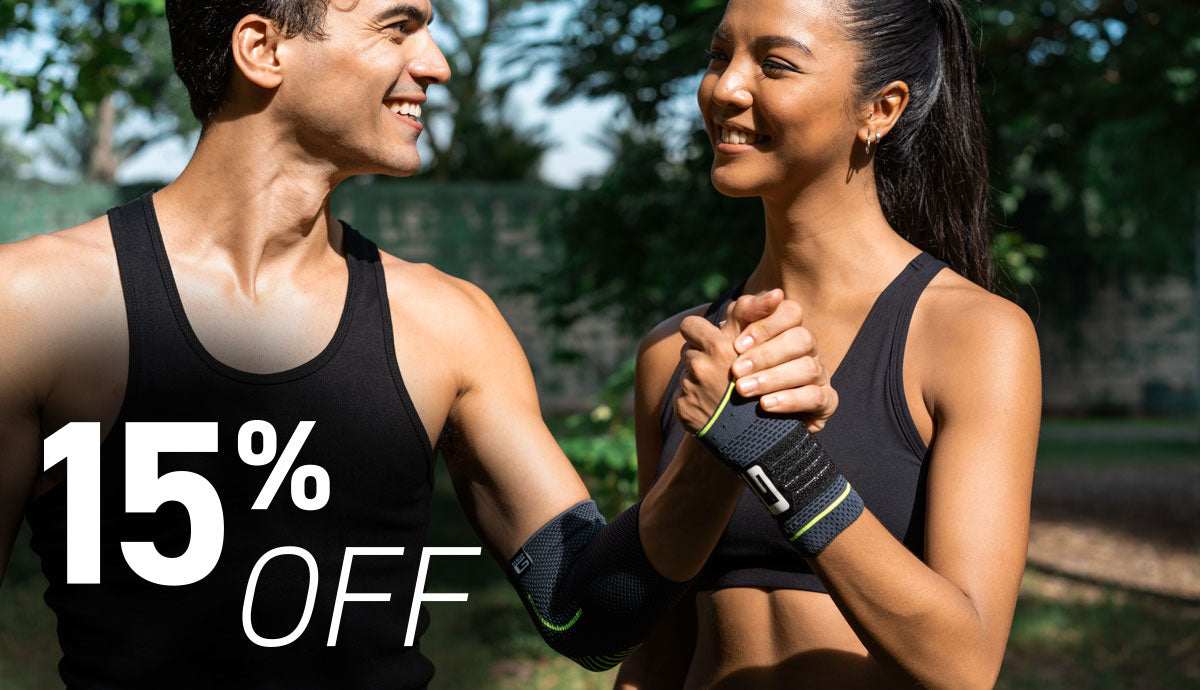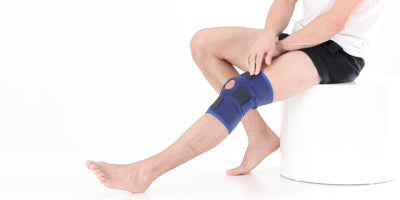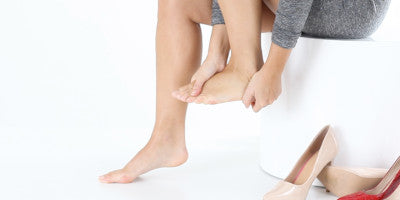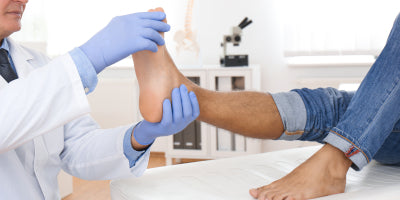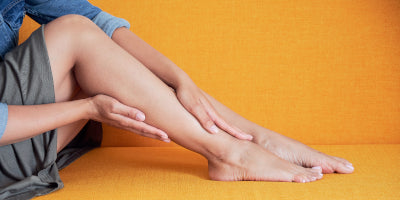The benefits of walking on health, body and mind

With the recommended guidelines advising us to be active each day and do 150 minutes of moderate exercise per week, walking is a great way to hit these targets. As well as the physical benefits of walking, there are benefits that can support mental health which makes this form of exercise ideal for most individuals and great for rehabilitation following an injury.
Healthy Body

As walking involves moving your whole body weight around it is a great low impact weight-bearing exercise. The best benefits come when you are walking at a brisk pace which would mean that you can still talk and hold a conversation, but you may be slightly breathless.
Benefits of regular brisk walking include:
- Increased cardiovascular fitness
- Reduction in body fat
- Reduced risk of heart disease and strokes
- Improved balance
- Increase in muscular strength and endurance
As well as the above benefits, walking can help to improve the management of conditions such as high blood pressure and aid recovery from joint or muscle pain and stiffness. In fact, walking is one of the best activities that you can do the day after an intense workout to aid the effects of delayed onset muscles soreness (DOMS).
Healthy Mind

As well as the physical benefits on the body, the positive outcomes of being active and walking on your mental health is equally as important.
Walking has been known to help with the following:
- Reduction in stress, anxiety and fatigue
- Improved sleep quality
- Increased confidence coinciding with improved fitness
Being active can help towards building a more positive mindset; and this has never been more apparent than in a recent BBC article [1] where GP’s are recognising the benefit that walking (and the social aspect of walking) can have on depression and an individuals’ mental health, rather than just prescribing medication.
What do I need to start?

The brilliance of walking is that you need very little equipment and it is free to do. It’s recommended to have some comfortable supportive footwear, but these don’t need to be specific walking boots. As long as your footwear provides you with the relevant support and isn’t putting any unnecessary strain on other parts of your body then you're good to go.
As with all new exercise, it is recommended that you gradually build up the intensity of your walking as your fitness improves, so we wouldn’t recommend going straight out and doing a three peak mountain challenge or an extremely long walk straight away. It’s great to have these things as goals, which can keep you motivated and striving for success, so build up to these gradually.
Walking later in Life?

Either continuing to walk or starting to walk more as you get older can be important, especially for balance and maintaining muscle strength in our legs. It can also help to reduce the risk of cognitive decline and dementia.
As seen in the article mentioned above, joining a walking group also involves a social aspect, so if any individuals are feeling isolated at any time in their life, but particularly as you get older then joining a group could really get that spring back in your step. The social aspect as well doesn’t need to come from walking groups this could just be from friends and family joining you on a leisurely stroll.
How can I increase the amount I walk?

Increasing your walking can be done in a number of small ways without having to go on one long walk. Here are some ideas:
- Take the stairs instead of using a lift or escalator
- If you use public transport or drive to work why not get off one stop earlier and walk the rest of the way or park your car further away rather than in the office car park
- Take a walk to the local shops instead of driving
- Encourage meetings and phone calls to be done while standing and moving around - you’ll be surprised how many steps you get just from a 30 minute call
Thanks for reading – we hope we’ve inspired you to find your feet and embrace the many benefit of walking #WalkThisMay
References
[1]https://www.bbc.co.uk/news/uk-scotland-edinburgh-east-fife-56919166
Our VCS range offers varying levels of support from mild to moderate to firm to provide optimum protection and stability. As a one size solution, these supports are fully adjustable to allow for a custom fit. In addition to this, the heat therapeutic neoprene helps to warm muscles and joints during exercise and rehabilitation, making the VCS range perfect for supporting instability during weights and gym training, as well as helping strains, sprains and weak, arthritic joints.
Our Active range of knitted supports provide a snug, yet flexible fit during sporting and occupational activities. Multi Zone Compression surrounds muscles and joints for targeted support and the multi-way stretch allows flexible and safe movement, providing comfortable support and reducing the likelihood of injury. The specialist breathable fabric helps control moisture during intense activities, whilst the slimline, lightweight design means it can easily be worn under clothes for everyday wear.
Medical Grade Compression Help to ease symptoms of tired, aching or swollen legs. Constructed from specialist material for comfort, softness and breathability. Find out more here.
